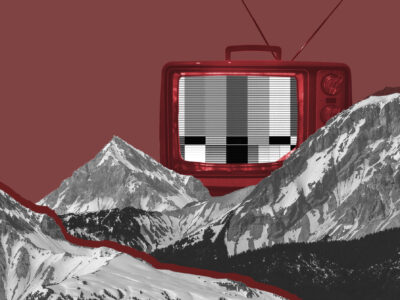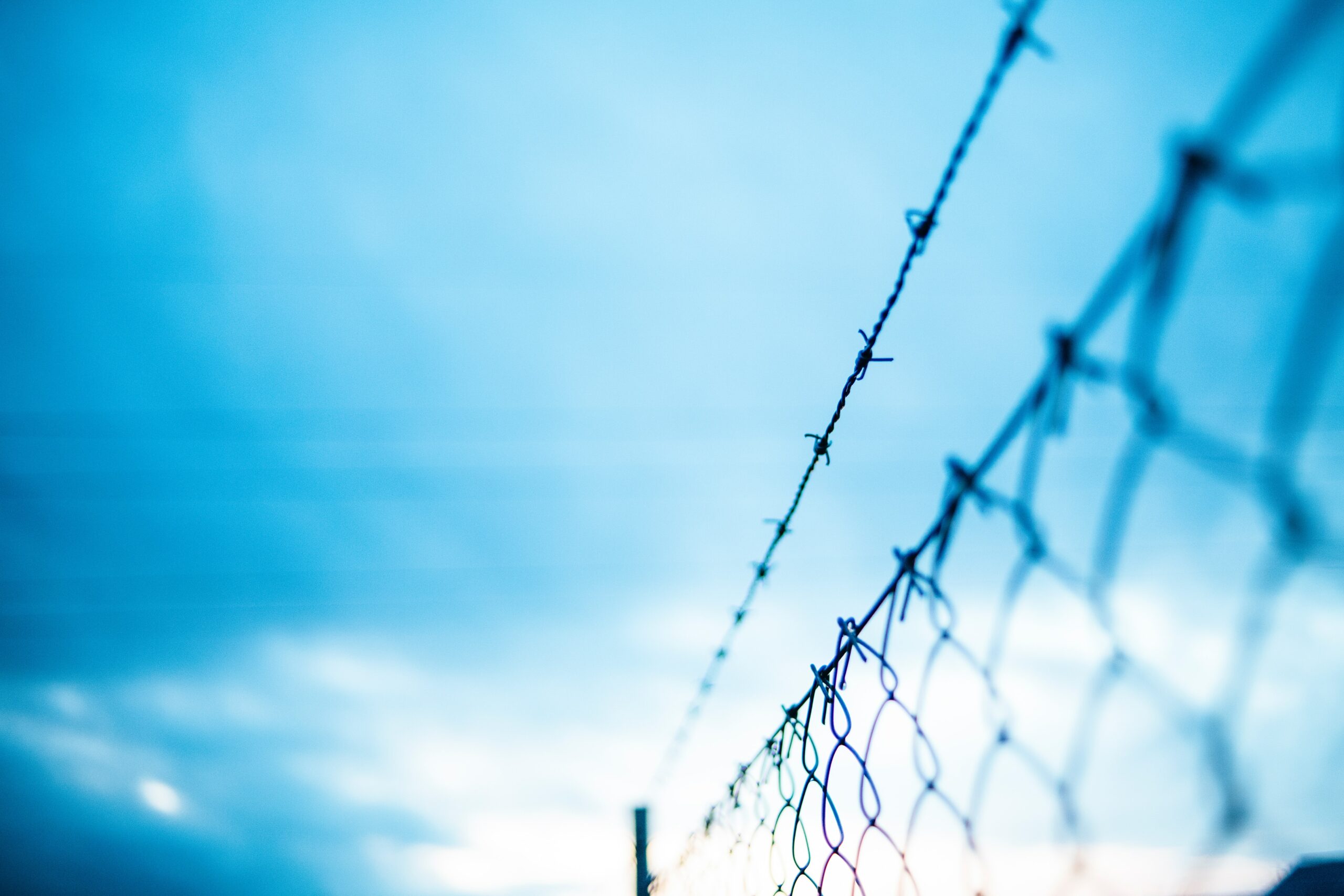Stories about Central Asia & Caucasus from March, 2023
Police in Kyrgyzstan pressures exiled anti-war Russians to keep quiet
The war in Ukraine presented Bishkek a challenging task of navigating Russia’s demands for explicit support of its invasion and the risks of falling under Western sanctions.
Prospects for peace loom as much as prospects for another war in Nagorno-Karabakh
The Russian Ministry of Defense said the move was a breach and violation of the agreement signed between Armenia and Azerbaijan on November 9, 2020.
Is exile the only solution for queer Mongolians?
Mongolia, has a vibrant LGBTQ+ community. Yet for them, living an openly queer life can be so challenging that many consider exile as the only viable solution.
Like father, like son: Turkmenistan’s new president carries on his predecessor’s repressive policies
The latest developments have further undermined the belief that Serdar Berdymukhamedov will seek to break away from the legacy of his father and pursue a more humane state policy.
Central Asians fighting in Ukraine are both defending and attacking it
The authorities in Central Asia have issued stern warnings to their citizens not to fight in Ukraine, threatening lengthy prison sentences for participating in armed conflicts abroad as mercenaries.
Weathering Russian xenophobia in everyday life
In recent months, there has been more talk about "Russophobia" — anti-Russian sentiment. What they face is nothing compared to what national minorities face in Russia.
What is wrong with Azerbaijan’s mentality towards its women
Regardless of their age, profession, or status, a woman’s life is narrowed down to her body, its worth, and shape. Her dignity and privacy are disrespected and Azerbaijan’s patriarchal, macho mentality supports this.
Surviving economic hardships through Kazakhstan's ‘toi business’
The thriving toi business is a prism through which it is possible to read the complexities of the present, namely chronic unemployment, underdeveloped infrastructure, and strategies of survival under capitalism.
The South Caucasus: In pursuit of its lost identity
Many former Soviet countries are currently navigating their own process of decolonization.
Exploring a Kurdish quarter in Azerbaijan
The residents of the “gypsy quarter” in Yevlakh consider themselves part of Azerbaijan and the Azerbaijani people. Despite this, they face a lack of resources, state support, and widespread discrimination.
In Azerbaijan, journalists unite in saying ‘we do not want licensed media’
The campaign demands that the government repeal the law, alleging it violates Azerbaijan's Constitution, and remove the requirement for registration with the Media Registry.
How the war in Ukraine twisted my tongue
After Russia invaded for a second time on February 24, 2022, I found myself wondering what to do with the part of my brain that still speaks Russian every day.
Against journalists, violence without borders in Kazakhstan
In 2022, dozens of journalists were detained or summoned by the police. And while most of these instances occurred during Qandy Qantar, in some cases they seem specifically targeted.
Georgians take to the streets as parliament considers new ‘foreign agent’ bill
Hundreds of Georgians took the streets to protest what civil society describe as Georgia's very own "foreign agent" law.
Relations between Turkey and Armenia pivot from ‘football diplomacy’ to ‘earthquake diplomacy’
The gesture gained even more significance because in 1988 Turkey sent humanitarian aid to Armenia when the latter was hit with an earthquake that killed more than 25,000 people.
New report: Defeating gender inequality in Georgia
The new report is an attempt to advance gender equality and female participation in each aspect of life in Georgia through strengthened civil society cooperation.
Podcast: Defeating gender inequality in Georgia with the Disruption Network Lab
In this special episode that discusses an upcoming report on gender inequality in Georgia, Arzu Geybullayeva speaks to researchers Maya Talakhadze and Ekaterine Khositashvili and journalist Emmy Thume.
People fleeing from Russia: ‘We were deprived of “home” too’
Valeria considers her story banal: “I left Russia because I can’t and don’t want to be silent, and I don’t want to go to jail for this either.”
The impact of China’s expanding footprint in Uzbekistan’s automobile industry
For Uzbek consumers, China’s BRI is seemingly bringing practical solutions in terms of access to car ownership but also tackling air pollution, and indirectly changing a culture of state monopolies and corruption.






















